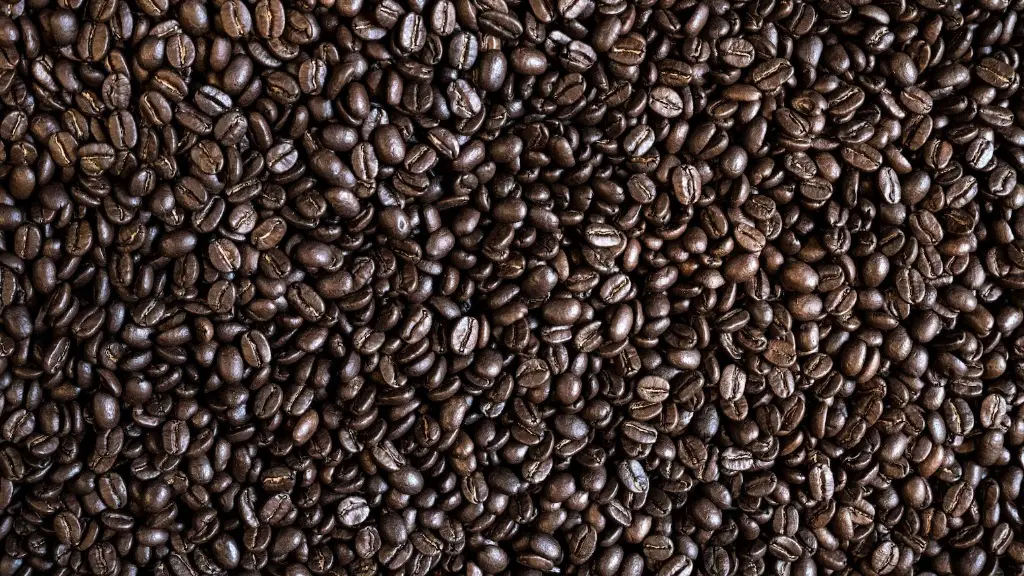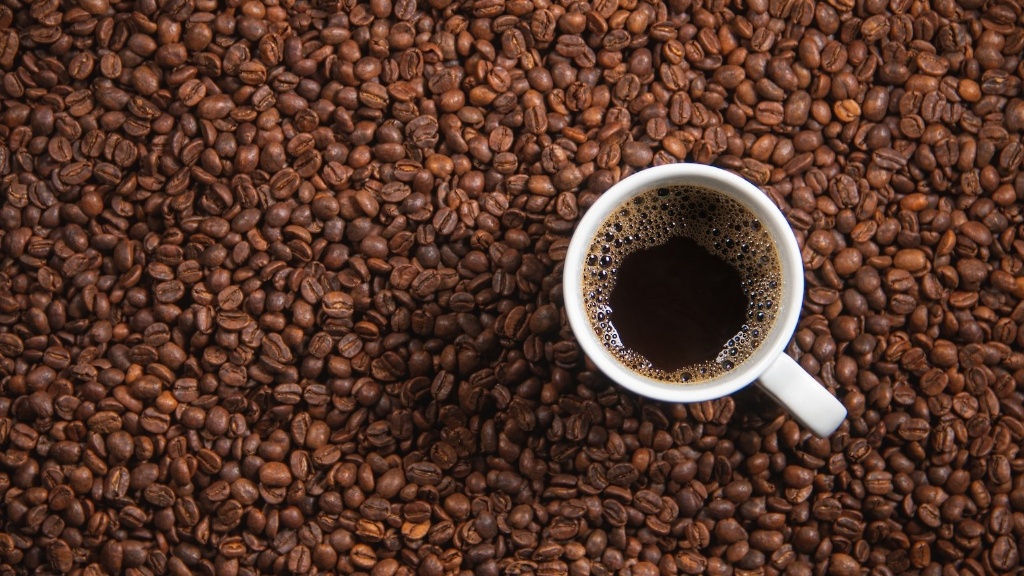Coffee with milk is a popular beverage, enjoyed by many around the globe. Over the years, there has been a debate between those who advocate for and those who oppose the consumption of this combination of coffee and milk.
A key consideration when it comes to drinking coffee with milk is the prevalence of lactose intolerance amongst certain groups. Lactose intolerance is the inability of some individuals to digest lactose (a sugar molecule found in milk and other dairy products). As milky coffee contains lactose, it may lead to bloating and other digestive issues in those with lactose intolerance.
However, not all types of milk are made equal when it comes to the potential health effects of coffee with milk. Non-dairy milks may also be used to make coffee-rich beverages but, as they do not contain lactose, they are a better and healthier choice for those with lactose intolerance. For instance, almond / coconut / oat / soy milk can be used as a dairy-free alternative in milky coffee.
In addition, the type of coffee used and the amount of sugar added to the milky beverage can also affect its nutritional value. As some brands of milky coffee contain a high amount of sugar, nutritionists advise that it can contribute to weight gain, as well as adverse metabolic changes, if consumed in excess.
From a physiological perspective, research shows that, in moderate amounts, coffee with milk may actually have beneficial effects. Firstly, the combination of coffee and milk can help to increase alertness, concentration and focus. This is because caffeine, alongside other compounds in the coffee, stimulates the brain, while the proteins, fats and carbohydrates in the milk can provide a sustained energy boost.
Secondly, both coffee and milk have been linked to a decrease in the risk of chronic diseases. For instance, research suggests that coffee drinkers are at a lower risk of developing Type 2 diabetes and Alzheimers’ disease. Similarly, milk can reduce the risk of cardiovascular diseases by reducing cholesterol levels and increasing ‘good’ cholesterol.
Overall, the debate over drinking coffee with milk remains unresolved. While some people may caution against it due to lactose intolerance and the potential for weight gain, moderate consumers of milky coffee may find health benefits in their morning cup. It is therefore important for individuals to make their own informed decisions about this matter and to seek advice from healthcare professionals as needed.
Little-Known Variations of Coffee With Milk
From the classic Latte to cappuccinos and cortados, coffee with milk is a diverse range of beverages. While the classics are popular amongst coffee enthusiasts, there are a few other variations that coffee drinkers can explore.
For example, the Breve is a popular coffee specialty found in Italian coffee shops. It is made up of espresso and milk foam and the milk foam adds a sweeter and creamier taste to the cup. On the other hand, the Piccolo Latte has a more intense flavor profile than the usual latte. It is essentially an espresso topped with a small amount of milk, with a touch of foam.
Another variation of coffee with milk is the Magic. As its name suggests, it is a magical coffee concoction that has a unique balance of coffee and milk. It is made simply by mixing an espresso shot with steamed milk, and is light and creamy with a slightly bitter aftertaste. Finally, the Café Mélange, which is popular in European countries, is basically a latte with a dollop of whipped cream.
These specialities are usually a lot harder to find than the classic coffee drinks, as they require specific preparation techniques. However, they can remain a delicious surprise for those looking for unique coffee experiences.
Health Benefits of Coffee with Milk
Many studies have found that enjoying coffee with milk can have a number of health benefits, as long as it is done in moderation. One of the key health benefits of milky coffee is that it can provide essential vitamins and minerals such as calcium, phosphorus, riboflavin, potassium, and Vitamin D.
Calcium is an important nutrient for optimal health and the development of strong teeth and bones. Consuming dairy in your coffee not only helps your body absorb the calcium better, but can also reduce the risk of osteoporosis. Similarly, potassium helps to regulate the body’s fluids and can reduce the risk of hypertension, while phosphorus is involved in energy production and Cell growth.
In addition, a moderate consumption of milky coffee can also protect against certain neurological disorders. Studies have found that drinking coffee with milk can reduce the risk of neurological diseases such as Parkinson’s, Alzheimer’s, and multiple sclerosis. It is thought that due to its high concentrations of calcium and magnesium, the combination of coffee and milk can protect cells from damage.
Finally, coffee with milk has also been associated with a reduced risk of some cancers. This is mainly due to the antioxidant compounds in coffee and milk, which can protect against cellular damage that can lead to cancer. Thus, incorporating milk into your coffee may provide some extra protection against the development of certain cancers.
Effects of Excessive Coffee Consumption with Milk
Despite the potential health benefits of drinking coffee with milk, it is important to remember that consuming too much of it can have negative effects on your health. Generally, having more than four cups of milky coffee a day can potentially lead to health complications, such as an increased risk of heart disease and stroke.
Additionally, too much coffee consumption with milk can also have an effect on your mental health. This is because caffeine has a stimulating effect on the body, which may eventually lead to anxiety and depression in some people. In addition, drinking too many caffeinated beverages such as coffee with milk can cause headaches, irritability, insomnia, and an increased heart rate.
Coffee with milk is also not recommended for pregnant women, as the caffeine may cause problems for the fetus. Studies have found that drinking more than two cups of coffee a day can increase the risk of miscarriages, preterm labour and stillbirths. Thus, in order to reduce any potential health risks, pregnant women are advised to restrain from drinking coffee with milk.
How to Create Different Coffee Drinks With Milk
Making coffee-based beverages with milk is part science, part art. To ensure a delicious cup of coffee with milk, there are several different factors to consider. Firstly, it is important to choose the coffee beans according to your taste preference. Secondly, different milk types have different effects on coffee, maple milk gives a sweeter profile while oat milk adds a creamy effect. Thirdly, getting the milk-to-coffee ratio right is key to end up with the perfect cup of coffee.
Making café-style coffee drinks with milk at home can be rewarding and fun. Many café owners and baristas are experts in creating the ideal coffee beverage. They usually use special tools such as milk jugs, cappuccino makers, thermometers and brewers to prepare the perfect cup of milky coffee. However, with the right equipment and recipes, you can make café-style coffee drinks without too much fuss.
If you want to create café-style coffee at home, the first step is to heat the milk until it’s just about boiling. Next, add it to your espresso shot, as this will give the drink a more rounded and creamy taste. Finally, use a spoon to stir the mixture and enjoy your homemade café-style coffee drink!
Conclusion
In conclusion, drinking coffee with milk has both pros and cons depending on the individual’s unique situation. Moderate consumption can provide certain health benefits, while heavy consumption has the potential to be harmful. Ultimately, it is up to you to make the decision about whether drinking coffee with milk is right for you.





